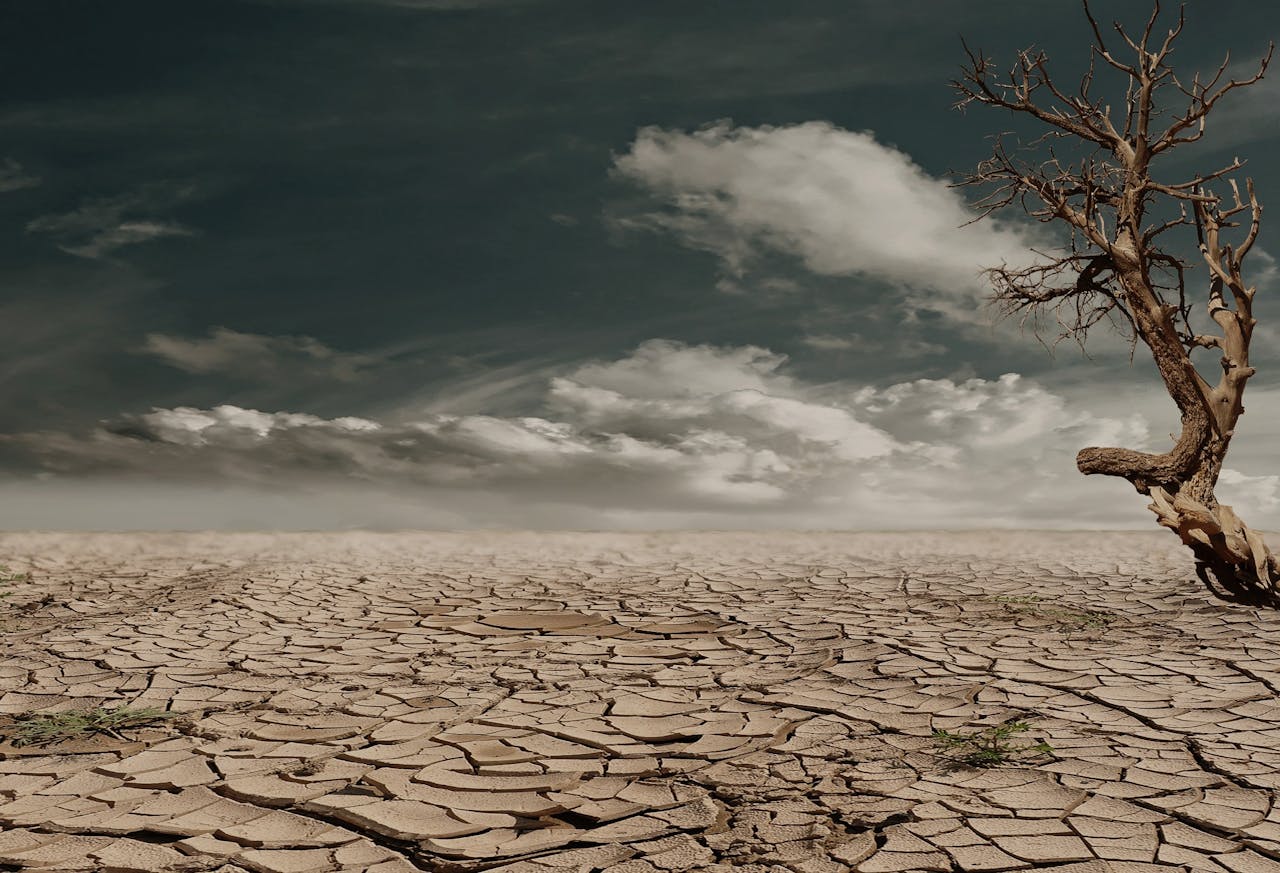Climate change is one of the most pressing challenges facing our planet today. Rising global temperatures, extreme weather conditions, and environmental degradation are clear indicators of a changing climate. While governments and organizations are taking steps to address this crisis, individual actions also play a crucial role in mitigating climate change. This article explores the causes of climate change, its consequences, and what we can do to help reverse its impact.
What Causes Climate Change?
Climate change is primarily driven by human activities that release greenhouse gases (GHGs) into the atmosphere. Some key contributors include:
- Burning Fossil Fuels: The combustion of coal, oil, and gas for energy production and transportation releases carbon dioxide (CO2) into the atmosphere, increasing global temperatures.
- Deforestation: Trees absorb CO2, and large-scale deforestation reduces the Earth’s ability to regulate carbon emissions.
- Industrial Activities: Manufacturing and production processes release harmful gases such as methane (CH4) and nitrous oxide (N2O), contributing to global warming.
- Agriculture: Livestock farming produces significant methane emissions, and unsustainable farming practices degrade soil and water resources.
- Waste Mismanagement: Landfills and plastic pollution contribute to greenhouse gas emissions and environmental degradation.
Consequences of Climate Change
The effects of climate change are already evident worldwide and will intensify if immediate action is not taken. Some of the major consequences include:
- Rising Temperatures: Global temperatures have increased, leading to heatwaves, droughts, and more frequent wildfires.
- Extreme Weather Events: Hurricanes, floods, and storms have become more intense due to climate imbalances.
- Melting Ice Caps and Rising Sea Levels: The polar ice caps are melting, leading to rising sea levels and threatening coastal communities.
- Loss of Biodiversity: Changing temperatures and habitat destruction endanger plant and animal species.
- Food and Water Scarcity: Climate change disrupts agricultural productivity, leading to food shortages and water crises.
How We Can Help Stop Climate Change
While large-scale policy changes are essential, individual actions also make a significant impact. Here’s how we can contribute:
- Reduce Carbon Footprint
- Use energy-efficient appliances and switch to renewable energy sources like solar and wind.
- Opt for public transportation, cycling, or walking instead of driving personal vehicles.
- Reduce air travel or choose airlines committed to carbon offset programs.
- Practice Sustainable Living
- Reduce, reuse, and recycle to minimize waste production.
- Support brands and businesses that use sustainable practices.
- Choose plant-based or locally sourced foods to lower carbon emissions from food production.
- Protect Natural Resources
- Plant trees and support reforestation initiatives.
- Conserve water by fixing leaks, using efficient appliances, and practicing mindful consumption.
- Avoid single-use plastics and encourage eco-friendly packaging.
- Advocate for Policy Changes
- Support climate-friendly policies and initiatives.
- Vote for leaders who prioritize environmental conservation.
- Participate in community programs that promote sustainability and environmental awareness.
- Educate and Inspire Others
- Spread awareness about climate change through social media and discussions.
- Encourage family and friends to adopt eco-friendly habits.
- Support environmental organizations working to combat climate change.
Conclusion
Climate change is an urgent issue that requires collective effort from individuals, businesses, and governments. By making conscious choices and advocating for sustainable practices, we can help slow down the effects of climate change and protect our planet for future generations. The time to act is now—every small step counts towards a greener and healthier world.


